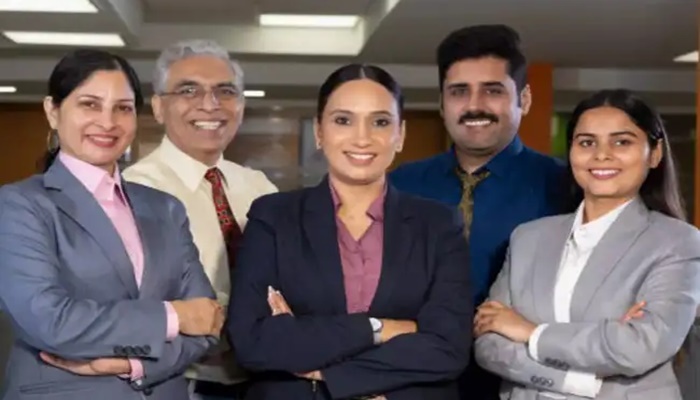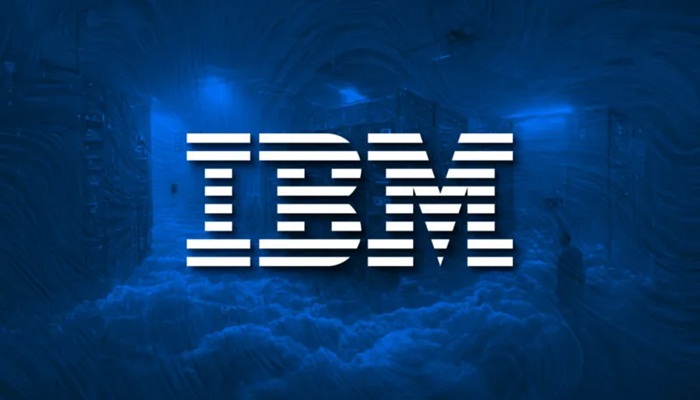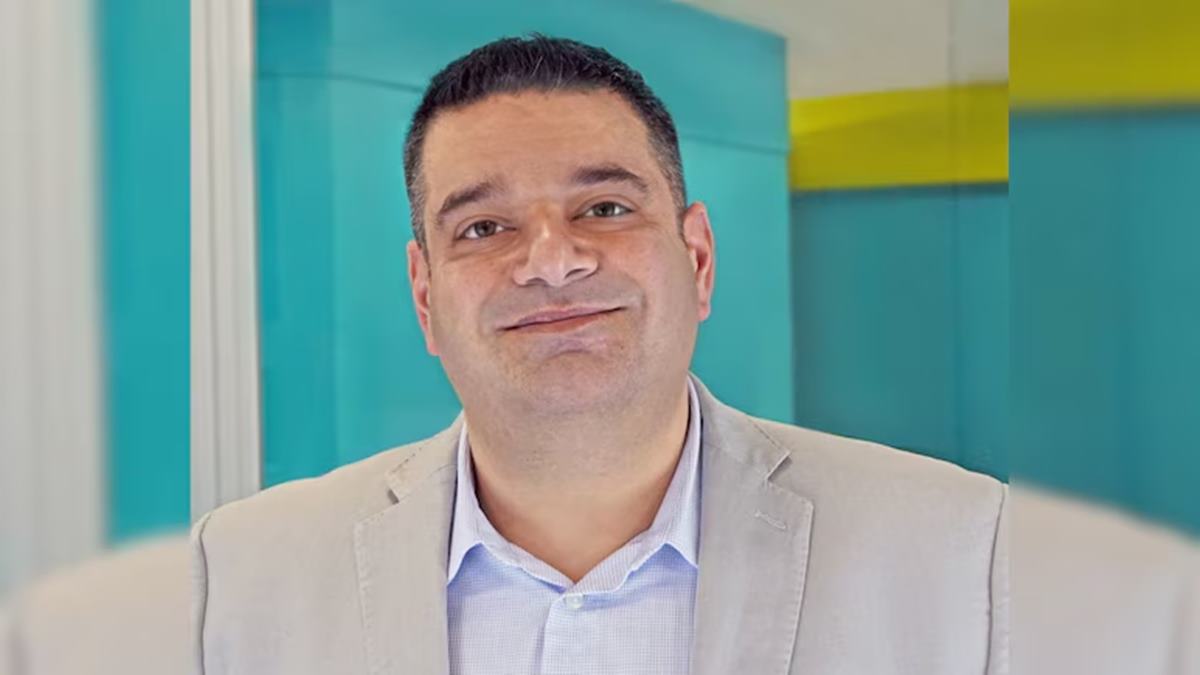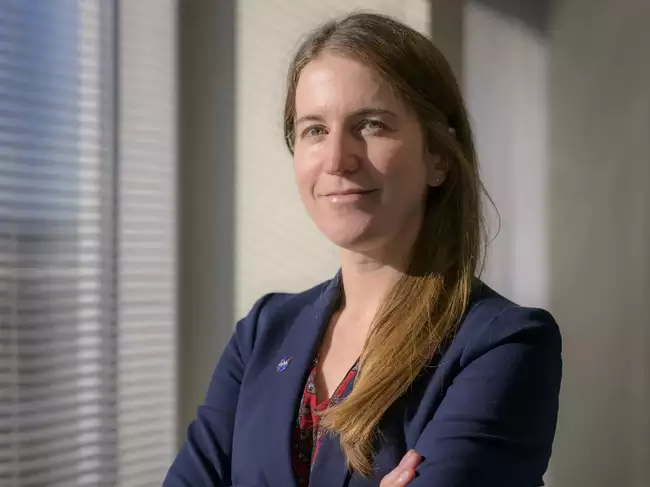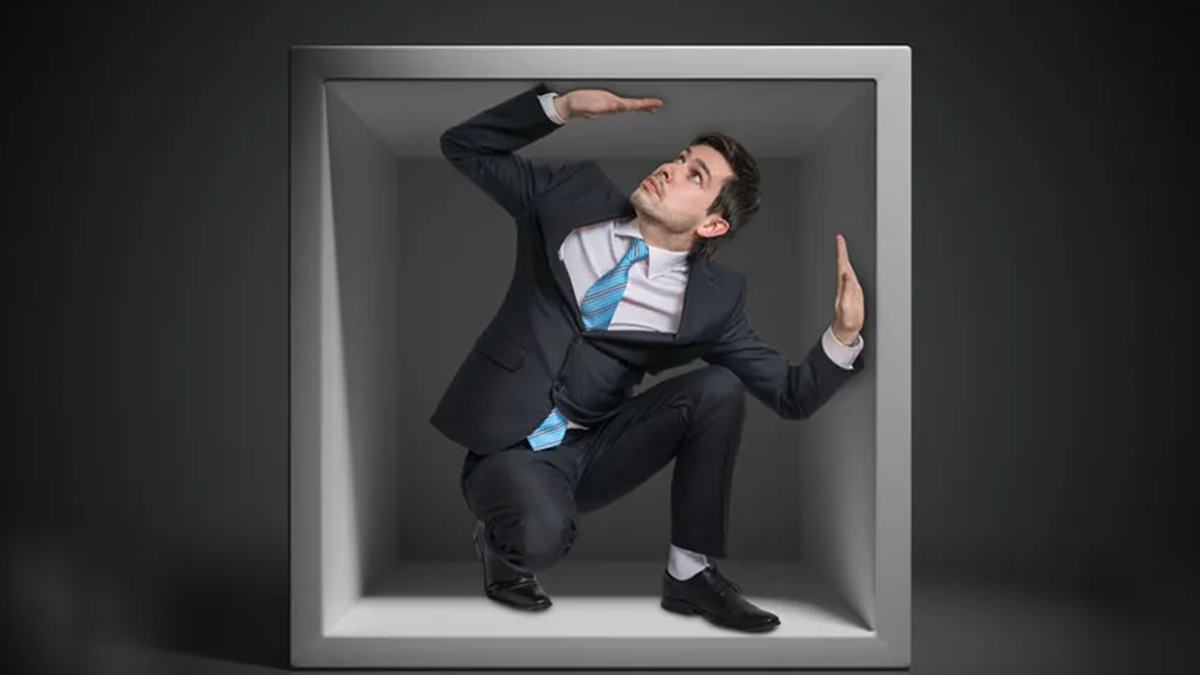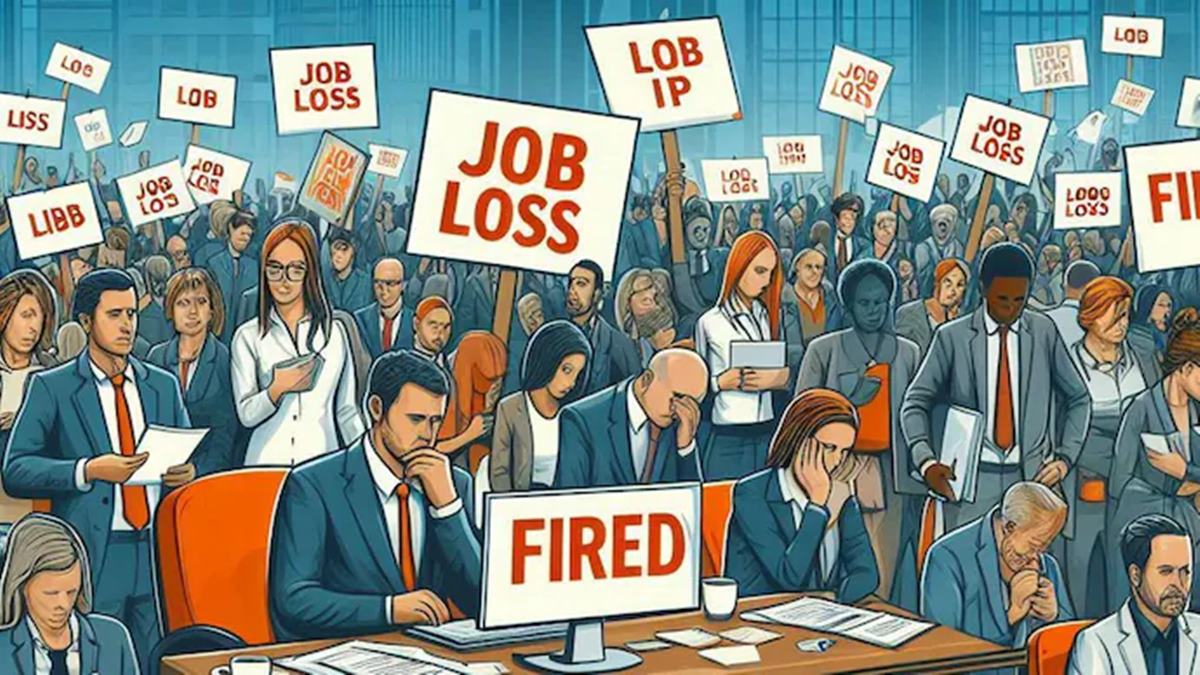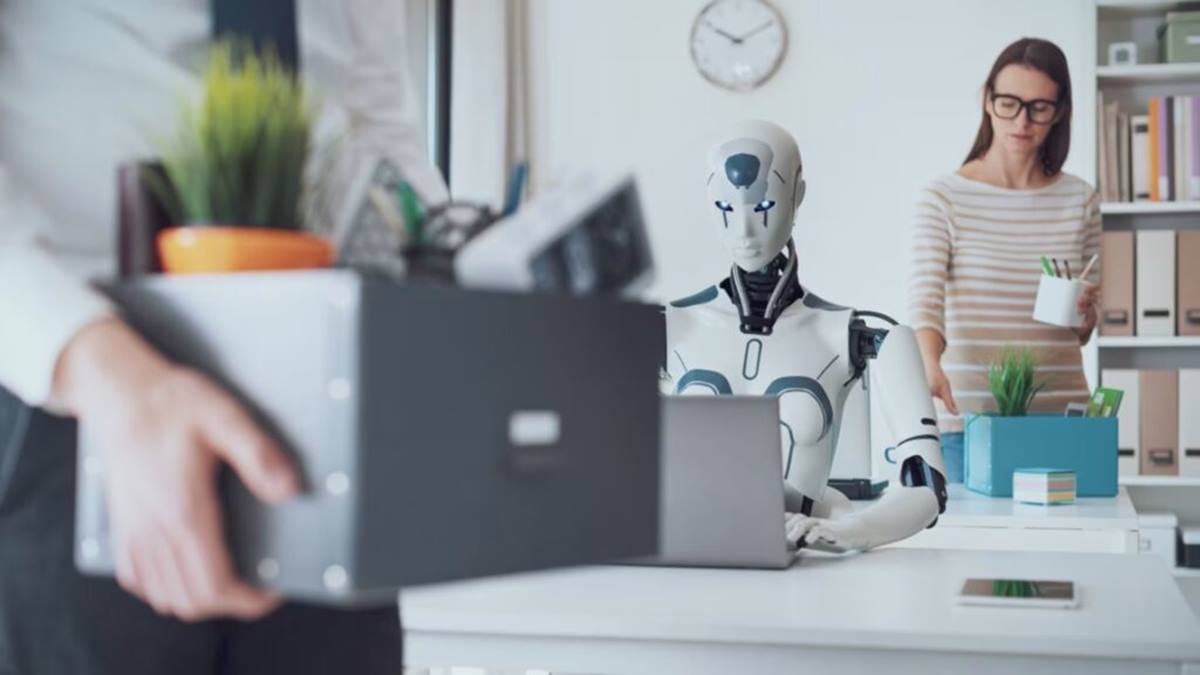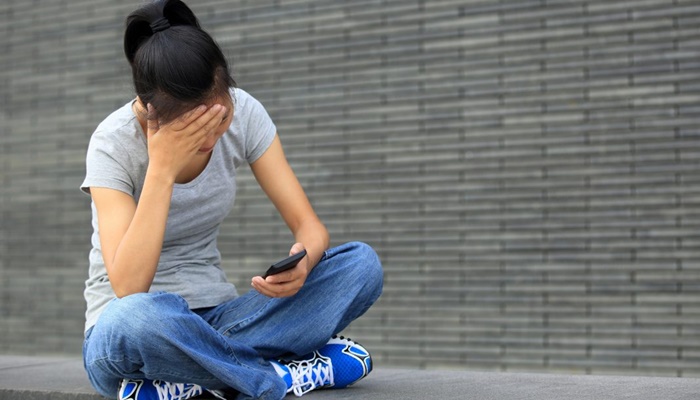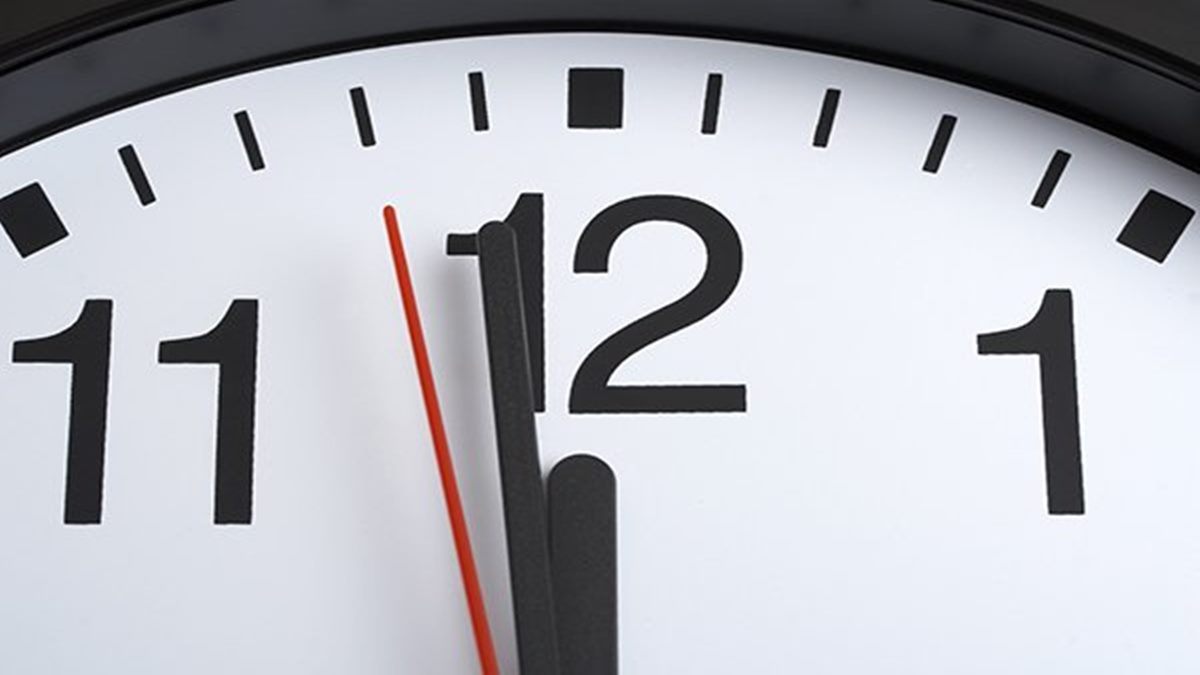Forget working 9-5, the new hustle is working from 9am to 9pm, six days a week. That’s the brutal regime behind a new work trend, ‘996’, which is spreading through Silicon Valley and beyond.
The practice originated in China, with tech tycoon Jack Ma, who owns the £322bn Alibaba Group, calling it a ‘blessing’ for people to be part of the 996 work culture. However, it led to protests and in 2021 China’s top court ruled it illegal. Despite this, years later the practice is catching on in Silicon Valley.
The 996 work pattern equates to a marathon 72 hours a week, and discourse around it has been ramping up on Linked-In and X. According to reports, some tech companies are listing ‘long hours’ in their job descriptions. Earlier this year, British venture capitalist and podcaster Harry Stebbings, founder of 20VC, posted on LinkedIn that ‘7 days a week is the required velocity to win right now.’
The rise of the dystopian ‘996’ work concept marks a return to hustle culture again? LinkedIn career expert Charlotte Davies says while 996 culture may sound like ‘dedication on paper’, in reality it often leads to burnout. ‘Yes, it can drive fast growth, but it can also drain creativity and wellbeing, and ultimately makes it harder for people to thrive long term,’ she says.
The 996 trend is similar to the ‘infinite workday’, a term coined after a 2025 Microsoft study found 40% of workers check their work email before 6am and evening meetings are up by 16%. Women in particular often find themselves working overtime; research in 2022 found that British women put in almost two hours more unpaid overtime per week than men.
Rita Kastrati, CEO and founder of Pioneering People, says her work often spills ‘across all seven days’ of the week. ‘My “core” is 7.30am to 4.30pm, but the reality is that evenings are for networking, emails or last-minute firefighting. Some days I’m glued to my desk for 10 hours,’ she says.
However, she is trying to step back. ‘In the early days I said yes to every event, meeting and social interaction because I felt I had to. What I’ve learned is that our social batteries are just as important as our physical health. Protecting them isn’t weakness, it’s what gives you the stamina to build something long term.’
Davies also reassures that many employ- ers ‘see the importance of a work/life balance’, adding that almost 40% of jobs on LinkedIn are now advertised as hybrid. ‘Success is not about how many hours you spend at your desk, it is about how you use that time and whether you have the energy and headspace to grow. The big takeaway from the 996 trend is simple: balance is not a nice-to-have, it is essential if you want talent to stick around.’
Source – https://graziadaily.co.uk/life/in-the-news/996-work-trend/
